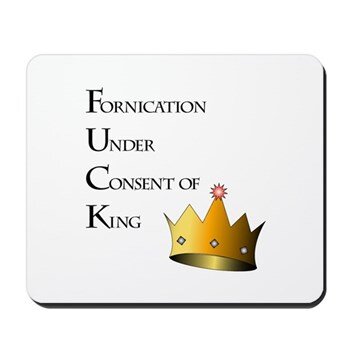The other day I was talking with an NGO executive who was concerned about the environmental impact of all her air travel for speaking engagements in different cities. This reminded me of an excellent article by UBC Math Professor, Malabika Pramanik, whom I had the pleasure of working with at the Peter Wall Institute for Advanced Studies.
Environmentalists, academics, executives, artists…people in many sectors are turning to alternatives like video conferencing. Yes, there are constraints (Professor Pramanik describes some of them), and no, the technology is not perfect. But, as my wonderful colleague Matt Smith of Adrenaline Studios points out, “it’s just a bandwidth issue right now.” And “right now” moves pretty fast in the tech world. As the picture gets clearer and the glitches are fewer and farther between, I believe this way of working will become a more regular part of our lives. And this is actually a good thing.
I won’t get too heavy about the environmental impacts of air travel. I won’t go on about how many younger people already use these options to connect across distances, and I don’t hear them grumbling about it. And I’ll only briefly mention the people who feel strongly enough about the issue to make some serious professional changes. If a choreographer can work via remote technology, who can’t?
As Billy Bragg said, “here comes the future and you can’t run from it.” Instead, why not take a little time to practice enhancing your video conferencing image? Be sure you bring an audience-centred approach to your remote talks, just as you would with an in-person presentation, demonstration, or panel. Here are a few ideas to help:
1: Find a good location. Check what’s in the frame. Are there distractions in the background? Take a moment to clear clutter, and to ensure that you’re angled away from windows. You want light shining directly onto your face, not into the camera - make it easy for your audience to see you.
2: Find good placement. Before your talk, raise your computer or camera up so it sits at eye level (when you’re looking straight ahead, chin parallel to the ground). This is a much better angle for your audience to read your expressions and perceive gesture and body language. (Bonus: it’s also more flattering)
3: Find your focus. Remember that you’re speaking through a screen to actual people. While you’re presenting, be conscious of looking down or dropping your eyes to your notes too often. Lift your gaze into the camera so that viewers feel more connected to you and can take in what you’re saying. Give them a chance to benefit from your expertise.
Some people say that remote presentations can never be as good as live ones, that “in-person” is always better than “virtual”. I might question that premise. Maybe it depends on how we define “better”, and what we want it to be “good” for.
But that’s a longer conversation…which, fortunately, we can have on any number of channels.









